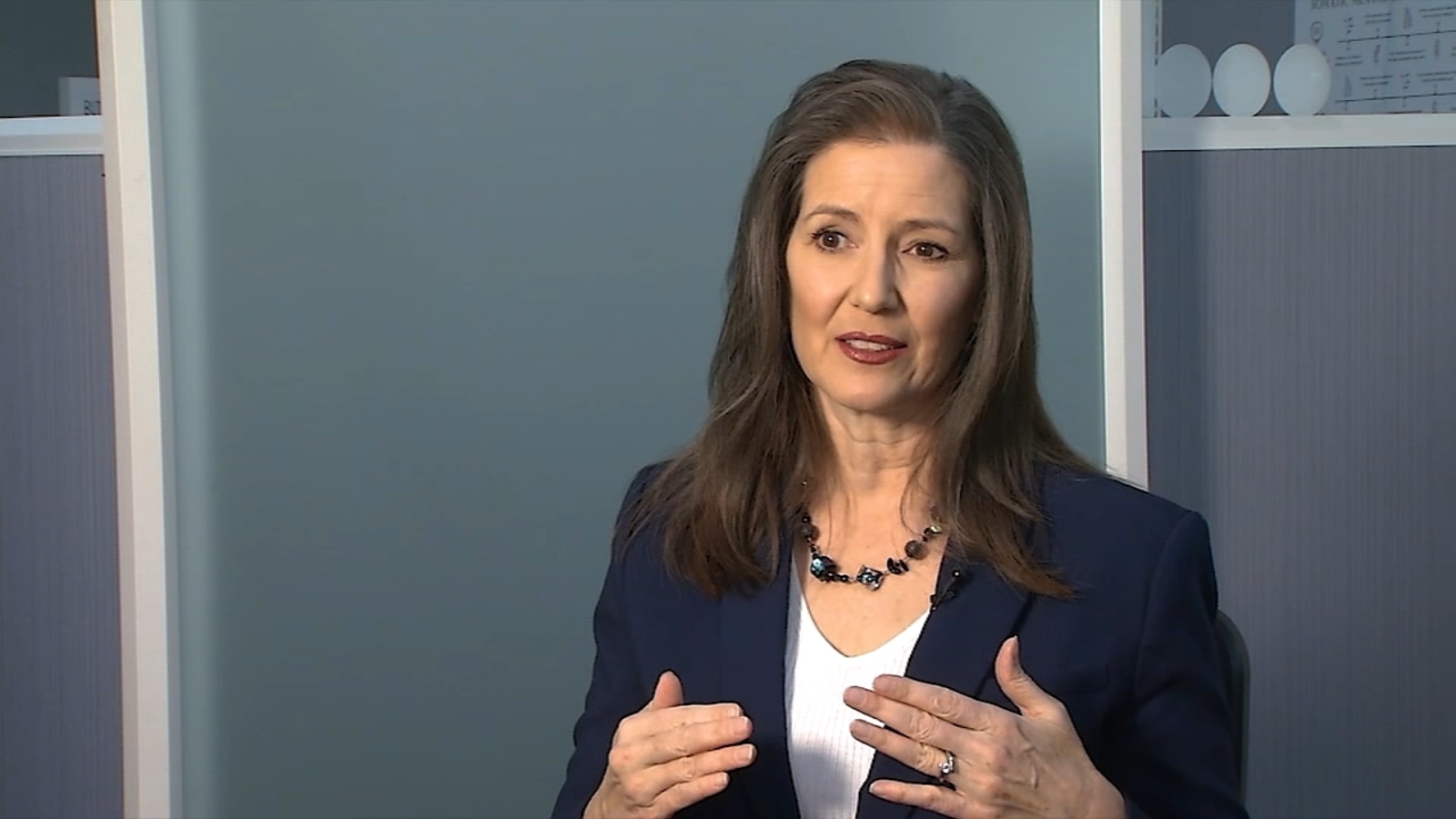
OAKLAND, Calif. -- In February 2018 when then-mayor of Oakland Libby Schaaf decided to warn her constituents about a forthcoming raid in her community, she didn't think she would become the face of national debate on immigration enforcement. She quickly found herself in the spotlight during President Donald Trump's first administration, who accused Schaaf of obstructing justice by interfering with the raid.
It was set to target more than 1,100 undocumented immigrants, but only resulted in the arrests of about 200. At the time, Trump called her actions a "disgrace" and even asked his then-Attorney General Jeff Sessions to prosecute her. "I mean, you talk about obstruction of justice, I would recommend that you look into obstruction of justice for the mayor of Oakland, California, Jeff," Trump said in May 2018 at the White House.

The president in his second term is warning that elected leaders could be "criminally liable" for getting in the way of immigration enforcement. Schaaf doubled down on her decision she made seven years ago. MORE: San Jose woman shares story of perseverance after mother's deportation, ICE uncertainty "I would do it again today," she told ABC7 News in an exclusive interview.
"It was not intended to panic people. It never advised people to break the law. It simply informed them what their rights, their responsibilities and the resources you need to our community to help people navigate what the current immigration laws were.
" Schaaf said she would not have warned the community if her intel about the sweep hadn't come from "credible sources." The former mayor said she had to get a lawyer after Trump asked the Department of Justice to investigate her. While no charges ever came, there were repercussions.
She said the city of Oakland successfully fought back retaliatory claw backs of federal funding. A republican congressman from Iowa tried to pass a law that would create penalties for other mayors who did the same, called the "Libby Schaaf Act," and she also received death threats. "It is my understanding that the investigation was active.
It was being pursued. But, because I did not tell anyone to break the law, I did not do anything to endanger law enforcement..
.that is what kept me out of jail," Schaaf said. "When you look at the energy they put into prosecuting me, into hurting Oakland, even though they were not successful, it is true that there are more weapons in place in this Trump administration than even before.
" David Pivtorak, a Los Angeles-based civil rights attorney in support of Trump's immigration policies, agrees that the president means business this time and said the law is clear. MORE: SF supervisors unanimously reaffirm 1989's sanctuary ordinance as ICE raids intensify in the US "If they actually try to use force to interfere with ICE agents or any federal agents trying to enforce immigration law, yes, they are subject to prosecution for obstruction, and they very well may land in jail," he said. "State officials, if they don't want to use state resources to essentially deputize themselves to enforce immigration law, they don't have to do that.
However, and especially in the immigration context, they do not have the right to interfere or obstruct federal agents or federal federal officers from doing their job." Without having access to the case file, Pivtorak said he cannot speak to the legality of what Schaaf did, but doubts a similar move would work in today's political climate. "I think they do a lot of chest bumping for their electorate," he said.
"I very much doubt we're going to see it, because as the Trump administration has shown in just its first week, they're not messing around this time." Schaaf said she advises mayors of sanctuary cities to be cautious with what they say and how they said it. "For the next few years, I had to run any speech I gave about this matter by my legal counsel," she said.
"I hope the fact that I stood up and survived shows that others can do that, too...
this has to do with how our city is prioritizing our resources to address our needs. The federal government has a lot of resources at its hand. That is its business.
It needs to deal with its resources.".















